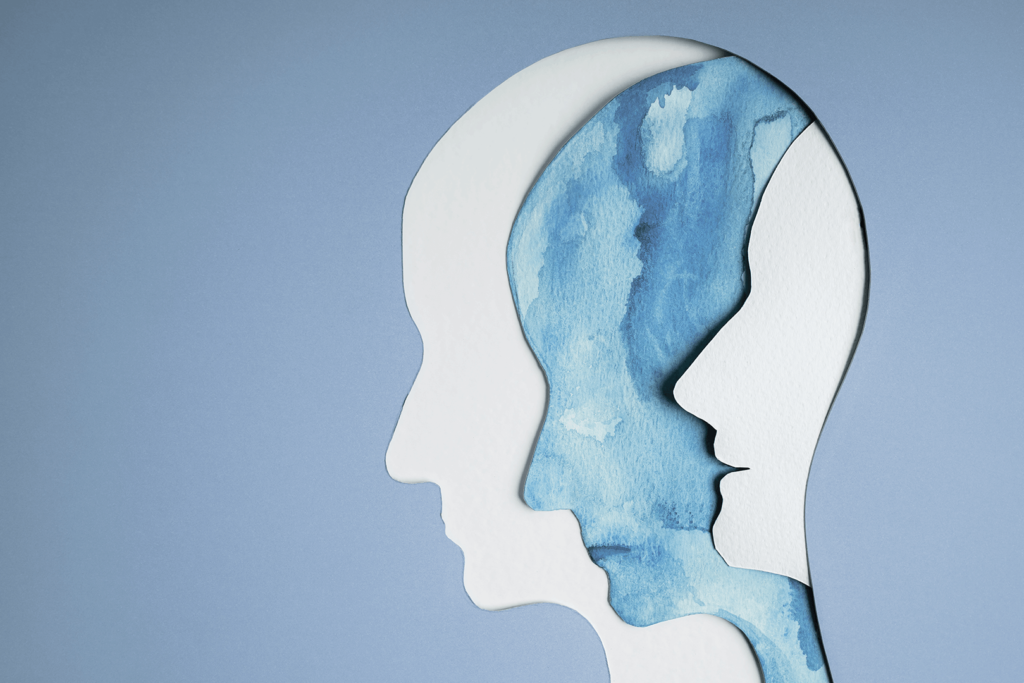Bipolar disorder is a chronic mood disorder characterized by alternating episodes of mania and depression. While mood stabilizers are the foundation of treatment, depressive episodes can be particularly challenging to manage, often necessitating adjunctive therapies. This article explores the most effective pharmacological, psychotherapeutic, and lifestyle-based adjunctive treatments for bipolar depression.

Pharmacological Adjuncts
Antidepressants as Adjunctive Therapy
The use of antidepressants in bipolar depression is controversial. While they may alleviate depressive symptoms, their potential to induce manic episodes or rapid cycling requires careful patient selection and monitoring. Adjunctive antidepressants are typically prescribed alongside mood stabilizers to minimize these risks.
Atypical Antipsychotics
Atypical antipsychotics such as quetiapine, lurasidone, and olanzapine-fluoxetine combination have been approved for bipolar depression. These medications can be used alone or in conjunction with mood stabilizers, offering symptom relief without significantly increasing the risk of mania.
Modafinil and Stimulants
Modafinil, a wakefulness-promoting agent, has been explored as an adjunctive treatment for bipolar depression, particularly for patients experiencing excessive daytime sleepiness or fatigue. Stimulants such as methylphenidate and amphetamines are sometimes used cautiously in treatment-resistant cases.
Psychotherapeutic Interventions
Cognitive Behavioral Therapy (CBT)
CBT is a well-established treatment for bipolar depression. By identifying and modifying maladaptive thought patterns, CBT can help individuals develop healthier coping strategies, reduce residual depressive symptoms, and prevent relapse.
Interpersonal and Social Rhythm Therapy (IPSRT)
IPSRT focuses on stabilizing daily routines and social relationships, as circadian rhythm disruptions often trigger mood episodes in bipolar disorder. This structured therapy helps patients establish consistent sleep-wake cycles and improve interpersonal interactions.
Family-Focused Therapy
Family-focused therapy involves psychoeducation, communication training, and problem-solving strategies for both patients and their families. A strong support system can improve treatment adherence and reduce the frequency and severity of mood episodes.
Lifestyle and Behavioral Strategies
Sleep Hygiene and Circadian Rhythm Regulation
Maintaining a consistent sleep schedule is critical for mood stability. Avoiding blue light exposure before bedtime, setting regular wake-up times, and creating a relaxing nighttime routine can significantly improve mood regulation.
Exercise and Physical Activity
Regular physical activity is associated with improved mood and cognitive function. Aerobic exercises such as jogging, swimming, and cycling have shown antidepressant effects in bipolar disorder.
Dietary Considerations
Emerging research suggests that dietary modifications, including omega-3 fatty acid supplementation and ketogenic diets, may have mood-stabilizing effects. A well-balanced diet rich in nutrients can support overall mental health.